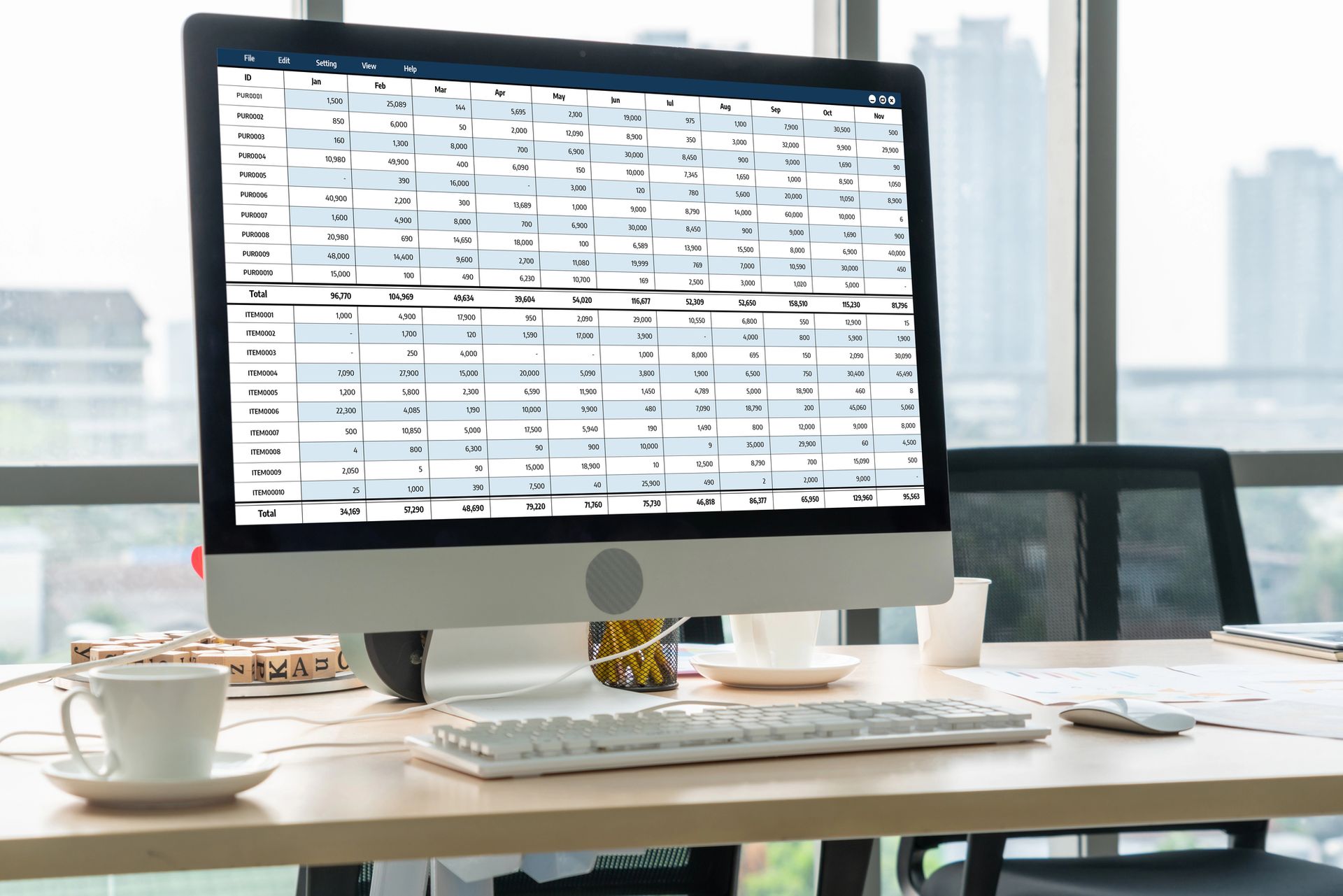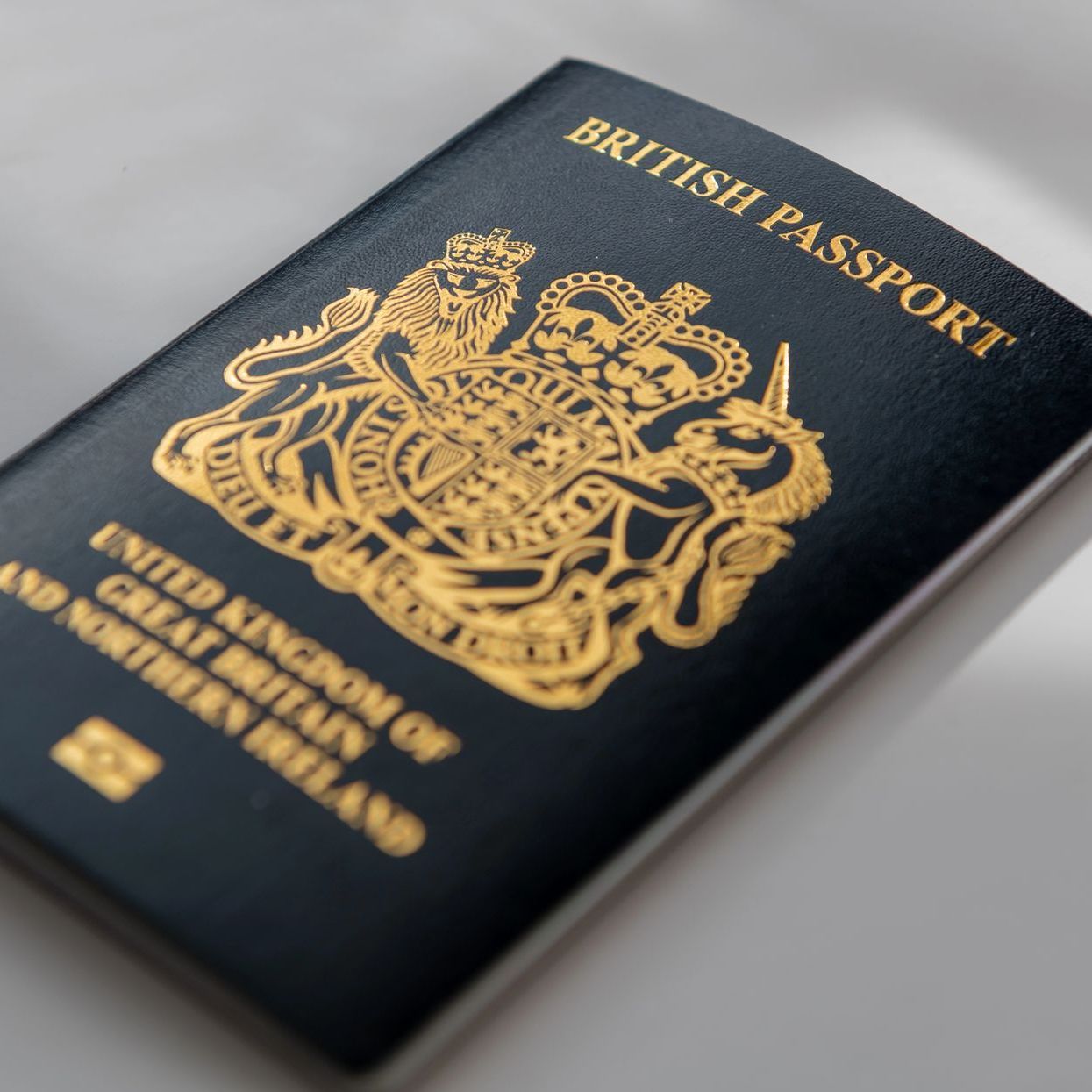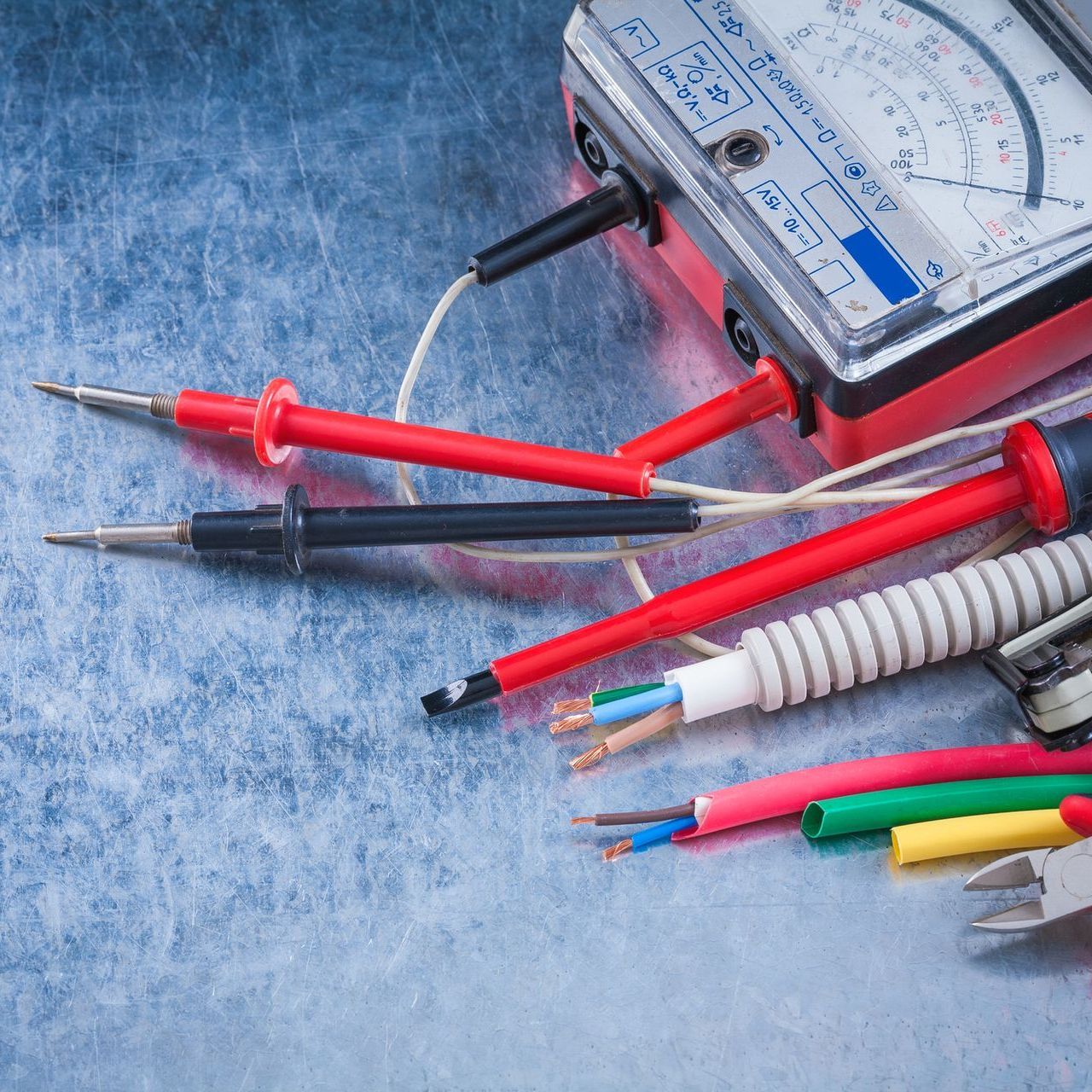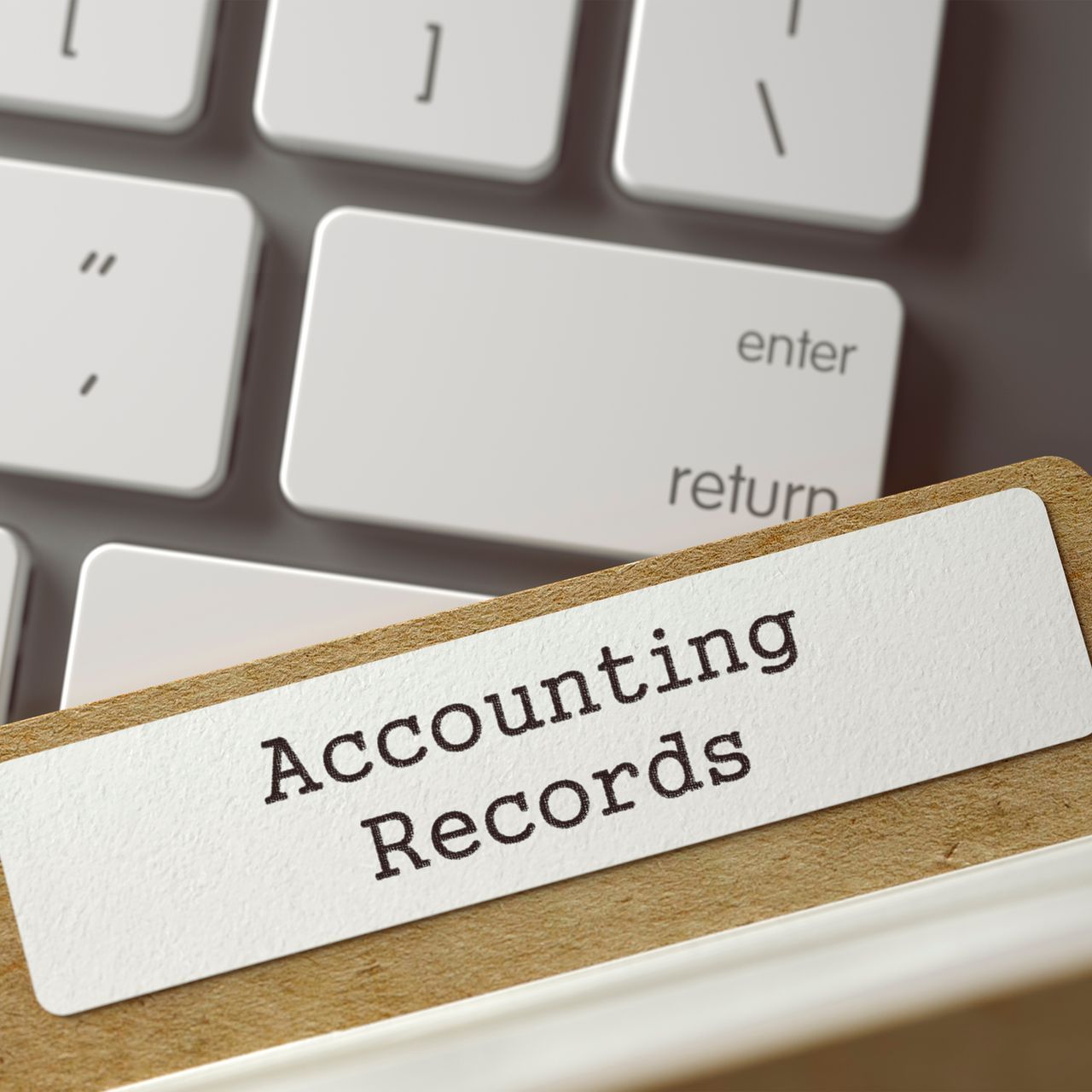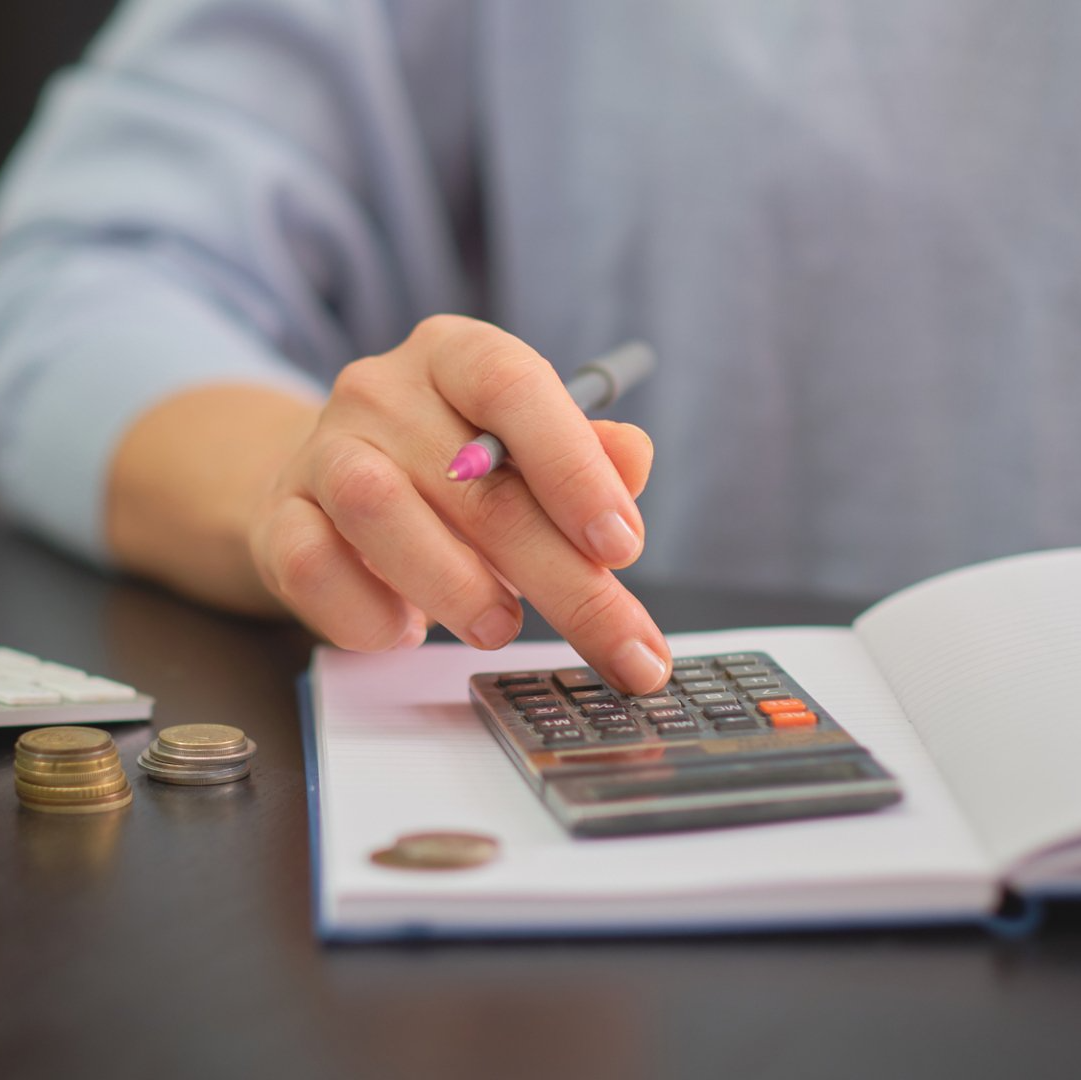How do I start a business?
If you’ve never been a business owner before, it can be a daunting prospect to set up on your own. It can be hard to know where to start. It's actually not hard to set up a business, but there are a few things that you need to consider in order to get your business up and running and stay compliant with HMRC.
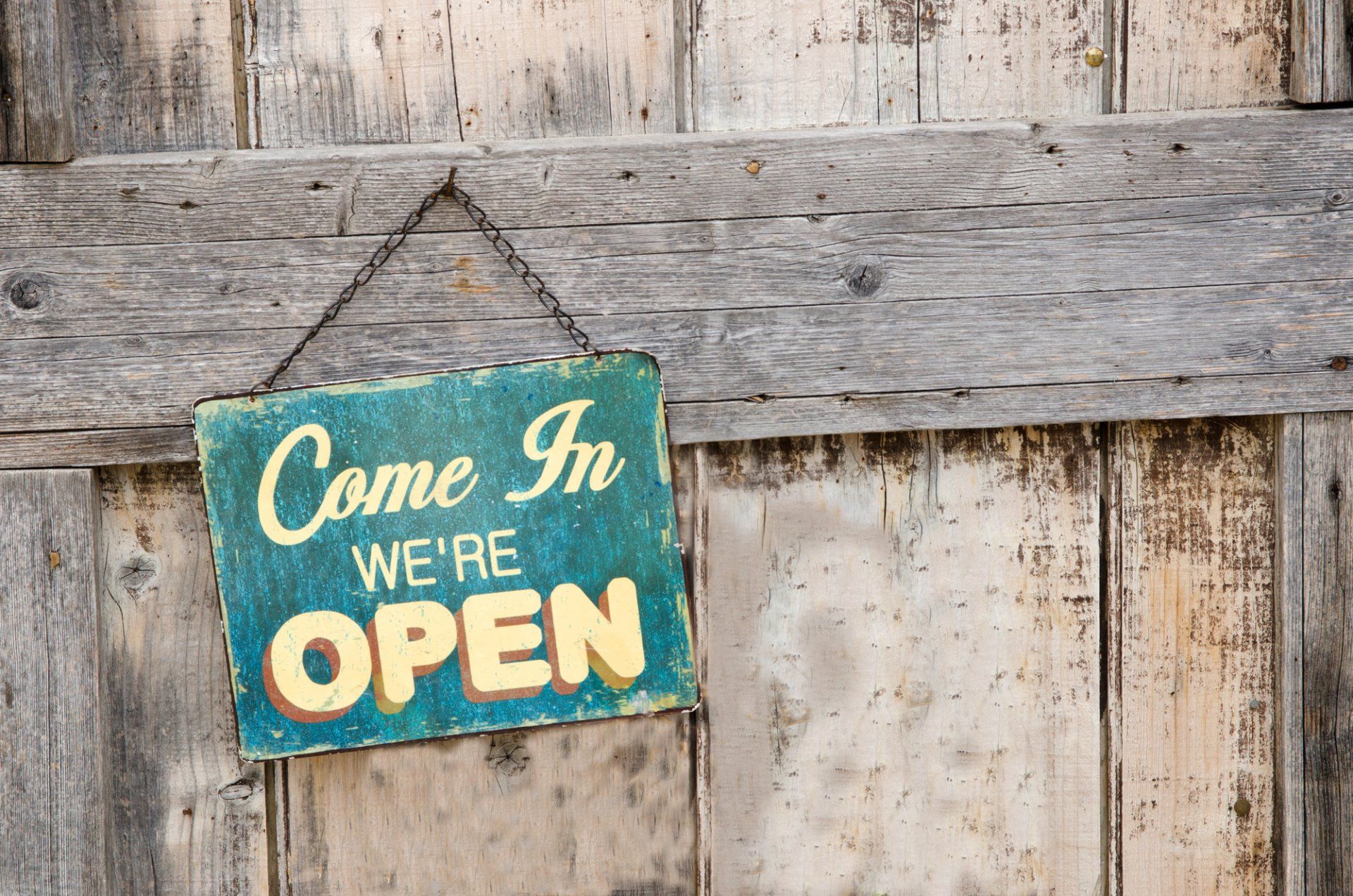
What structure shall I use?
There are a few options for the business structure you use to operate your business and it comes down to a personal choice to decide how to operate. The simplest way to operate is as a sole trader (or a partnership you are planning to go into business with someone else).
Alternatively, you might prefer to operate as a company. If you do decide a company is the right structure for you, I would recommend speaking to an accountant to ensure that you are clear on how a company operates. Running a company generally (although not always) requires you to run a payroll to extract your income from your company in a tax efficient manner.
You can find out more about the different options here.
Having made your decision, you do need to register either your sole trade, company or partnership. Sole Traders can register here whilst companies can register here.
Setting up a partnership is slightly trickier as you need to register the partnership and lead partner online and then send a paper form to register the remaining partners. Register the partnership here and any additional Partners here.
What records do I need to keep?
It doesn’t matter what format you choose to operate your business, you must ensure you are keeping sufficient records to be able file your accounts with Companies House or submit your tax return to HMRC.
It is not essential for you to immediately invest in bookkeeping software. Contrary to what the adverts for Xero and QuickBooks will tell you, the software doesn’t do everything for you although much of it can be automated in some way to make the process easier.
There are a few options available to you to help you maintain your records. You can find more information about in one of my earlier blogs here.
Do I need a separate bank account?
A company always needs its own bank account as the income doesn’t belong to you until you either run your salary through a payroll or declare a dividend. You can find out how to declare a dividend here.
Whilst there is no legal requirement to open a business bank account for a sole trade or partnership, I would strongly recommend using a separate account to run your business. It is much easier to separately identify your business transactions when you do your tax return if they are all neatly recorded for you by your bank. In fact downloading your bank statements into a .csv format can form the basis of a good set of business records if you are not using bookkeeping software.
There is merit in having two bank accounts as you can put money aside to pay your year end taxes (and possibly payments on account as well). If you do go down this route, remember that transactions between the two accounts aren’t business income or expenses and should be ignored for the purposes of working out your profits for the year. This goes for PayPal, credit cards and other payment methods that hold a balance for you as well.
Do I need to register for VAT?
You don’t have to register for VAT immediately, although some people choose to. VAT registration becomes mandatory 30 days after your rolling 12 month turnover breaches £85,000 if you are making taxable supplies.
You may choose to register for VAT before this if you
- Want your business to appear bigger/more professional
- Expect your turnover to grow quickly
- Expect to breach the VAT threshold soon but want to manage the transition
- Sell zero rated products as you may be able to reclaim VAT without charging your customers
Retail and trade businesses tend to hit the VAT threshold sooner than service based enterprises. Find out more information about VAT registration in this post.
Do I need an accountant?
I would always recommend enlisting the help of an accountant when you operate as a company. This is because company accounts and tax returns are more formal than sole trade accounts and you are required to present your accounts using financial reporting standards. In addition, you can’t log in to HMRC and fill in your tax return without having appropriate software.
On the other hand, the self-assessment return is designed to be submitted by individuals. Until such time as HMRC bring in Making Tax Digital for Income Tax (now delayed until at least 2024) with a bit of care, you can simply log into your HMRC account and populate the return yourself. Here is my guide to how to get started doing your own return.
Some people prefer to simply hand over the self-assessment return to an accountant and there are times when it can be beneficial to ask an accountant to complete the return for you. You can find out more here.
Speak to an accountant when
- You no longer feel confident dealing with your tax return or have a lot of different sources of income and it gets complicated
- You find you have made a loss and you don’t know what to do with it
- You are expecting to need finance or a mortgage
- You want more detailed information on a more regular basis to help you make business decisions
Accountancy fees vary from firm to firm but if you are interested in working with Armet Accounting, prices start from £360 for a sole trader set of accounts and tax return, from £440 for partnerships and from £540 for a company. If you want to discuss this further and get a tailored quote for your business, book a discovery call here.
What else do I need to think about?
Once you have your business idea, you will probably want to have a think about a business plan. A business plan helps you set out your thoughts on your business and how you are going to make it work. You should think about your ideal customer base and how you will attract them, a consideration of any initial and ongoing expenses you may have, the equipment you will need to get started as well as a forecast of your income and expenses so that you know how much funding you will need to provide to your business in order to make it into a success.
So there you have it, setting up a business is straight forward enough and whilst you have other (in my opinion much harder) challenges ahead, ensuring you comply with your initial tax and accounting obligations is no longer one of them!




